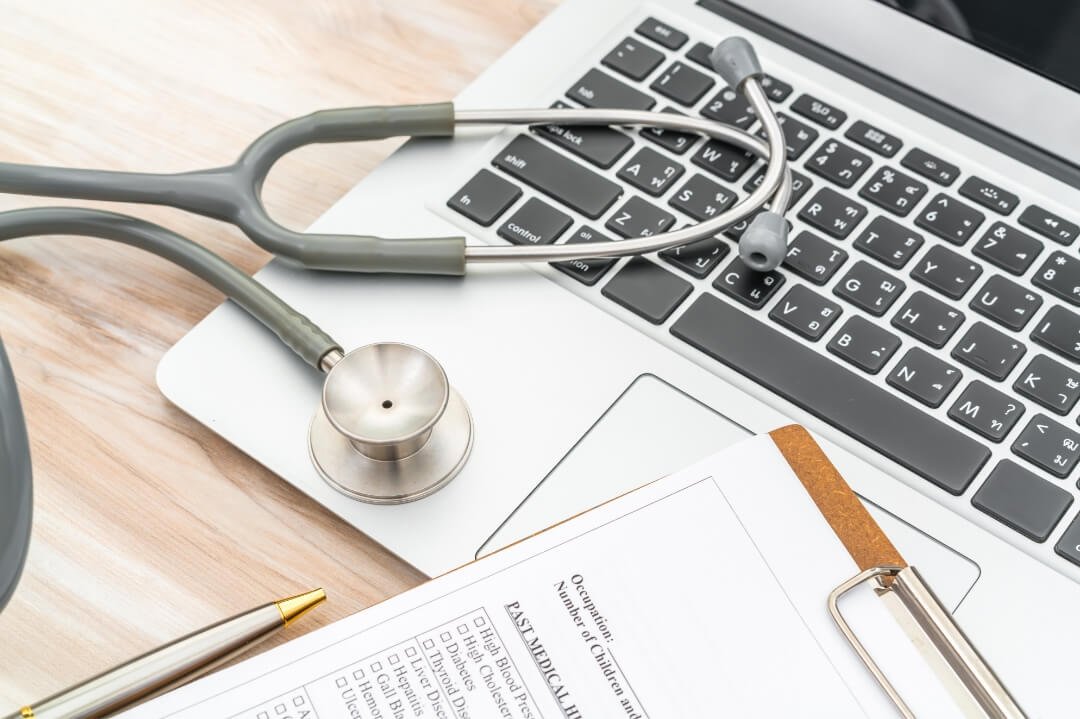The HIPAA Security Rule, designed to protect electronic protected health information, offers several advantages, including enhancing patient trust, reinforcing a culture of security in healthcare organizations, promoting smooth data exchange, reducing healthcare data breaches, and providing comprehensive protection of sensitive health data. By providing a robust framework for the safe handling of electronic health data, it has transformed the way healthcare institutions approach and prioritize data security and patient trust.
Strengthened Patient Trust and Security
Trusts between a ptatient and their healthcare provider is important for effective healthcare. The HIPAA Security Rule, with its detailed guidelines for electronic health information, plays a role in developing this confidence. When individuals know their private medical details are protected from unwarranted access, they share more about their health conditions. This transparency helps in accurate medical assessments, well-informed treatment choices, and optimal health outcomes. Over time, by consistently adhering to the rule’s security measures, health practitioners reinforce their relationship with patients, positioning themselves as dependable partners in their health journey. Protecting patient details in modern health environments goes beyond simply using advanced security tools. It involves creating an organizational culture that values data safety. The HIPAA Security Rule helps shape this culture by insisting on thorough safety practices. More than just using security tools, it stresses the importance of establishing data safety principles throughout the organization, from entry-level roles to leadership positions. Routine training, practice sessions, and regular reviews encourage health establishments to embed security in their daily activities, underlining their commitment to preserving patient information.
Unified Approach to Healthcare and Data Safety
Collaboration and seamless data flow are necessary in healthcare, and the HIPAA Security Rule provides guidelines for data safety, encouraging professionals to share patient information confidently. By promoting active dissemination of patient data, it offers a comprehensive picture of a patient’s health journey, which includes their medical background and ongoing treatments. With this transparency, professionals can identify patterns, anticipate potential health risks, and design more tailored treatment plans. An integrated and well-informed approach minimizes misdiagnoses and redundant procedures, leading to cost-effective patient care. With a foundation of trust and transparency, this environment leads to timely medical actions and interventions based on detailed patient history. Data breaches pose risks that can affect patient confidence and bring about financial challenges for healthcare institutions. Recognizing these challenges, the HIPAA Security Rule offers a defense by combining physical, technical, and administrative precautions to protect against diverse threats. By ensuring consistent data safety, patients are more likely to engage with and adhere to medical recommendations. Adherence to these guidelines helps healthcare organizations preserve the integrity of patient data and safeguard themselves from legal and financial setbacks. This approach to data safety promotes institutional credibility, establishing a trustworthy and cohesive atmosphere within the broader healthcare sector.
Comprehensive Protection of Sensitive Data
The HIPAA Security Rule introduces a comprehensive approach towards the protection of health data, addressing various dimensions of data safety. Beyond simple barriers against unsanctioned access, the rule protects the integrity of health records, ensuring the information remains reliable and unchanged unless authorized changes are made. The rule also places emphasis on the uninterrupted availability of such data, prioritizing a practitioner’s ability to readily access relevant patient details during urgent medical situations. The principles of maintaining confidentiality, ensuring precision, and promoting consistent availability stand out as distinctive attributes of the rule. These principles ensure that healthcare professionals have real-time access to dependable electronic health information. As healthcare evolves, the HIPAA Security Rule continues to be a beacon, guiding institutions towards offering exemplary care and forging a strong, trustworthy bond with their patient communities.
Support for Technological Advancements in Healthcare
The healthcare sector is undergoing swift technological transformations, highlighting the urgency to incorporate these advancements without compromising the safety of patient information. The HIPAA Security Rule presents a structured approach that is adaptive to these technological changes, recognizing the expanding role of telemedicine, tools designed for distantly monitoring patients, and the integration of complex data processing techniques. Rigorous criteria set by this rule for the protection of electronic health data make it possible for medical institutions to safely integrate novel technologies. This regulation ensures that virtual consultations and data exchanges remain secure as the use of telehealth continues to increase. The increasing reliance on detailed data evaluation in healthcare also benefits from the rule, which offers clarity on best practices for data management, prioritizing both its safekeeping and its meaningful use in enhancing patient treatment. With the guidance provided by the HIPAA Security Rule, the healthcare sector can successfully integrate technological advancements while reassured that the integrity and accessibility of patient information are maintained.
Related HIPAA Security Rule Articles
HIPAA Security Rule Compliance
Who Must Comply with the HIPAA Security Rule?
What Are the HIPAA Security Rule Technical Safeguards?
What Are the HIPAA Security Rule Physical Safeguards?
What Are the HIPAA Security Rule Administrative Safeguards?
What Does the HIPAA Security Rule Cover?
What Are the Benefits of the HIPAA Security Rule?
What Type of Health Information Does the HIPAA Security Rule Address?
What Is the Objective of the HIPAA Security Rule?
What Is the Purpose of the HIPAA Security Rule?
Who Is Responsible for Enforcing the HIPAA Security Rule?
What Are the HIPAA Security Rule Requirements?
Why Was the Security Rule Added to HIPAA?
What Are the Penalties for Violation of the HIPAA Security Rule?
What Are the HIPAA Security Rule Contingencies?
What Is the Difference Between the HIPAA Security Rule and HIPAA Privacy Rule?
How Does Security Differ from Privacy Within HIPAA?
What Does the HIPAA Security Rule Protect?
What Are the HIPAA Security Standards?
What Is the Intention of the HIPAA Security Rule?
How Does HIPAA Provide Security?
What Is HIPAA Security Compliance?
Who Does the HIPAA Security and Privacy Regulations Apply To?
What Are the HIPAA Cybersecurity Requirements?











